In October 2024, Trump asked the Supreme Court to review a lower court's decision that his use of the National Guard in Broadview was illegal. The lower courts had ruled that Trump's deployment of troops was a violation of the Posse Comitatus Act, a federal law that prohibits the use of military force against American citizens. Trump's lawyers argued that the law did not apply in this case, as the troops were being used to maintain order and protect federal property.
The Supreme Court's decision in this case could have significant implications for the balance of power in the United States. If the court rules that Trump can use troops against American citizens, it could set a precedent for future presidents to deploy military force against domestic protesters. On the other hand, if the court rules that Trump's actions were illegal, it could limit the president's ability to use troops in this manner and help to maintain the balance of power between the executive and legislative branches.
The case has drawn attention from civil liberties groups, who argue that the use of military force against American citizens is a threat to democracy. "The use of military force against domestic protesters is a clear threat to our democracy and our civil liberties," said Sarah Jones, a spokesperson for the American Civil Liberties Union. "We urge the Supreme Court to rule that Trump's actions were illegal and to uphold the Posse Comitatus Act."
The Supreme Court's decision in this case is expected to be released in the coming weeks. In the meantime, the case remains a topic of debate among legal scholars and civil liberties groups. As one legal expert noted, "This case has the potential to be a major test of the balance of power in the United States. If the Supreme Court rules that Trump can use troops against American citizens, it could have significant implications for the future of our democracy."
The Supreme Court's decision in Trump v. Illinois is expected to be released in the coming weeks.
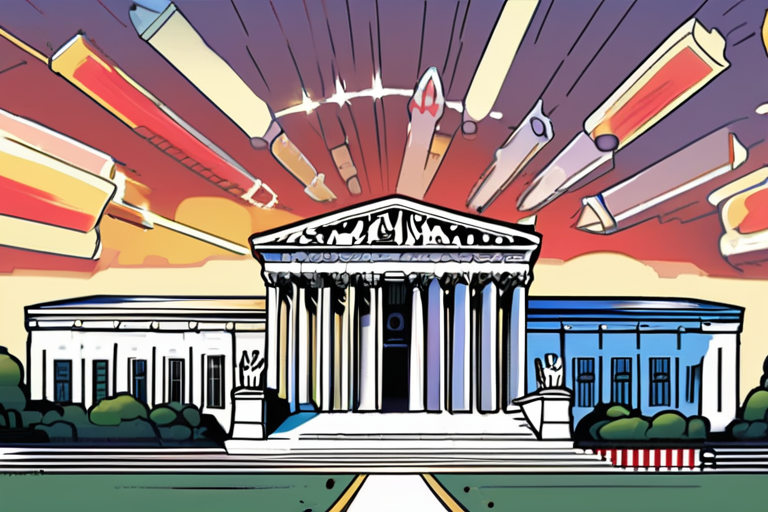


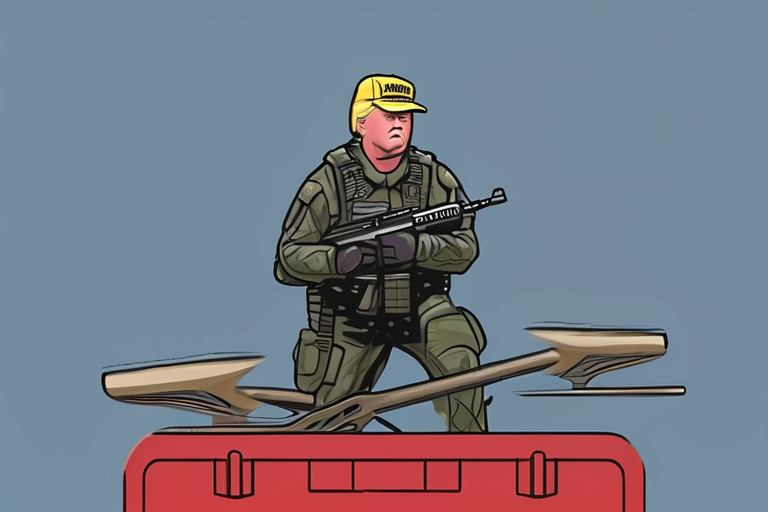
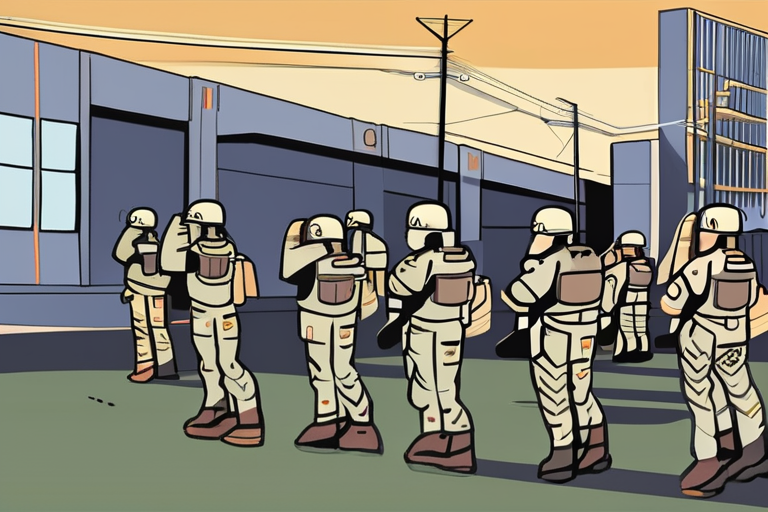
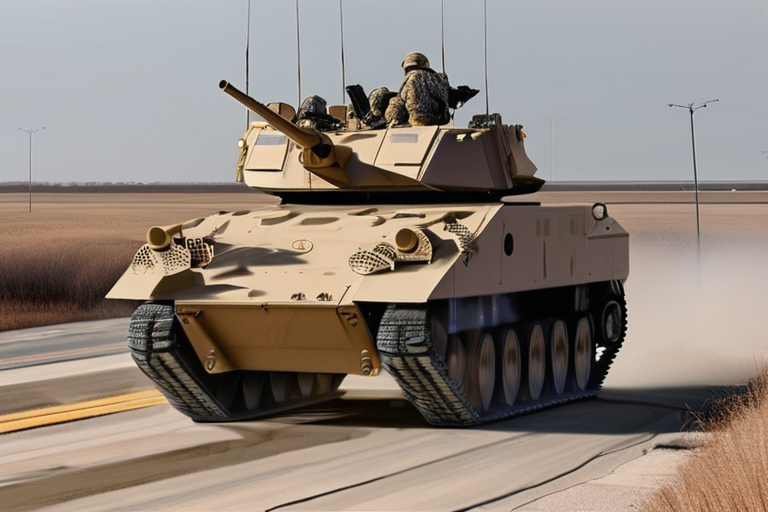
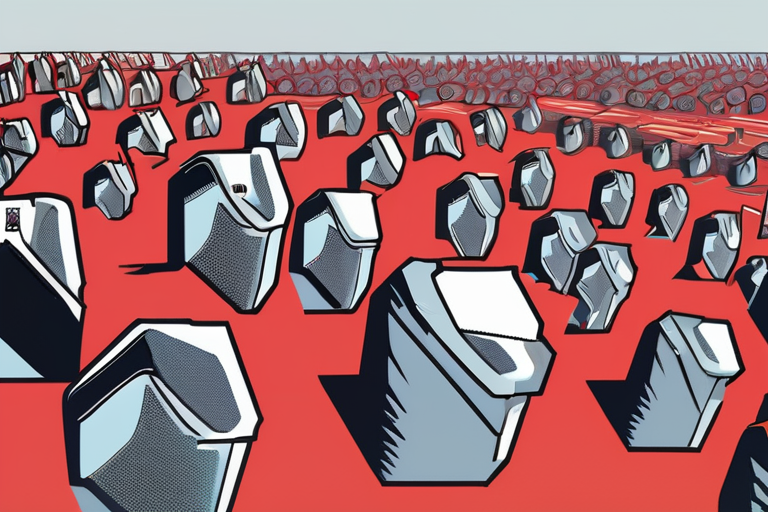
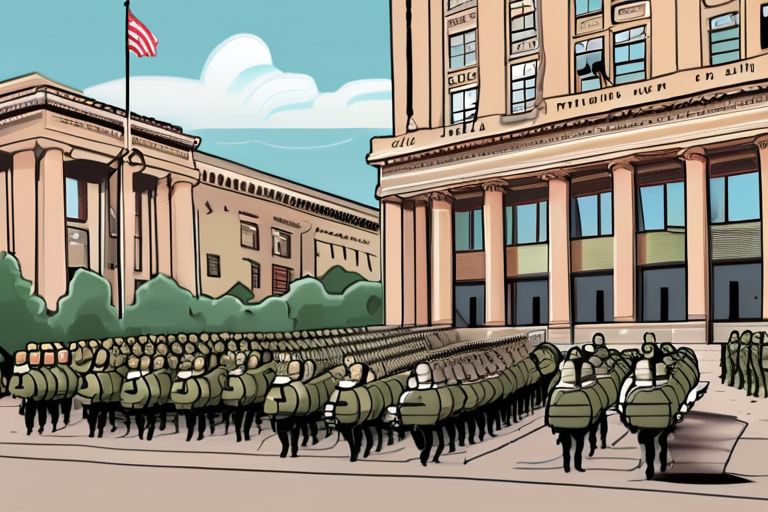

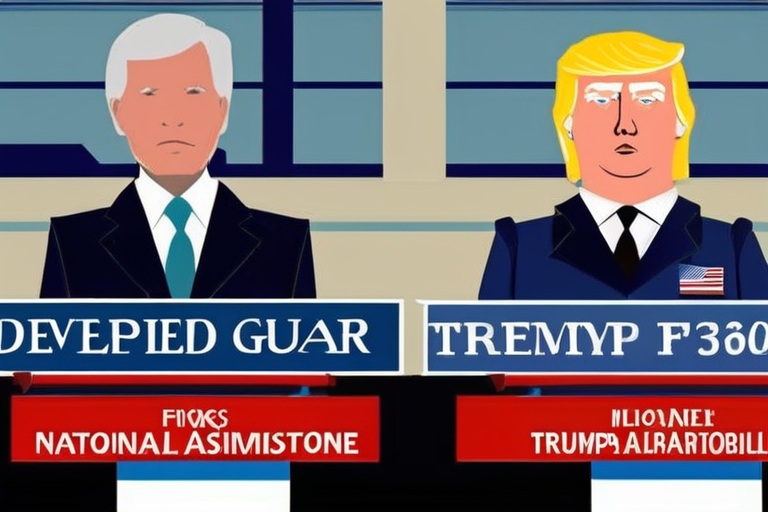
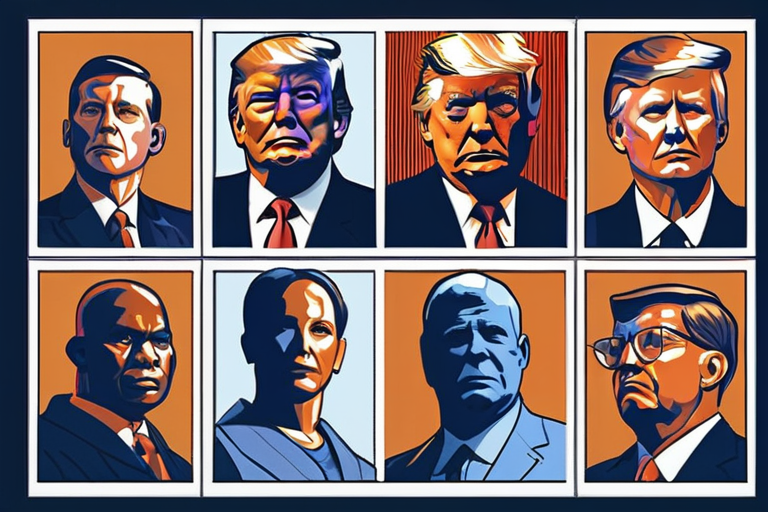
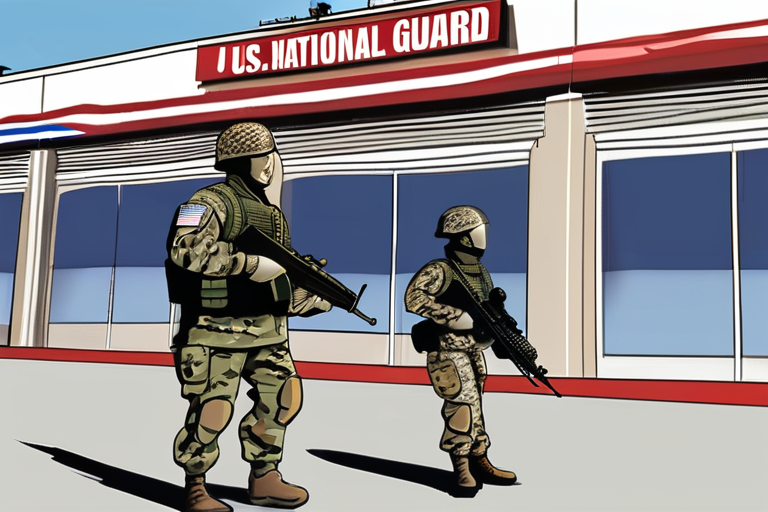
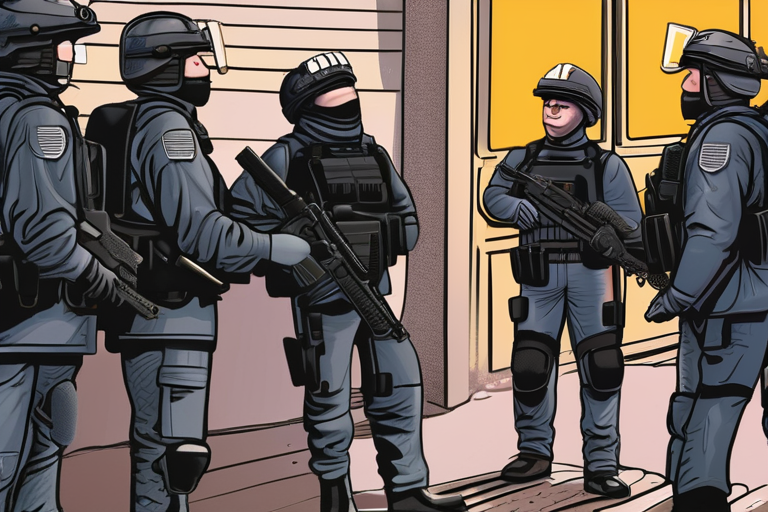
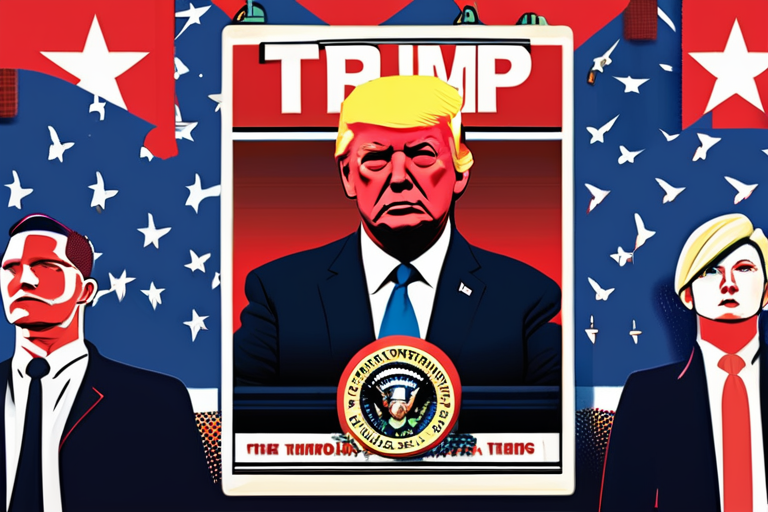
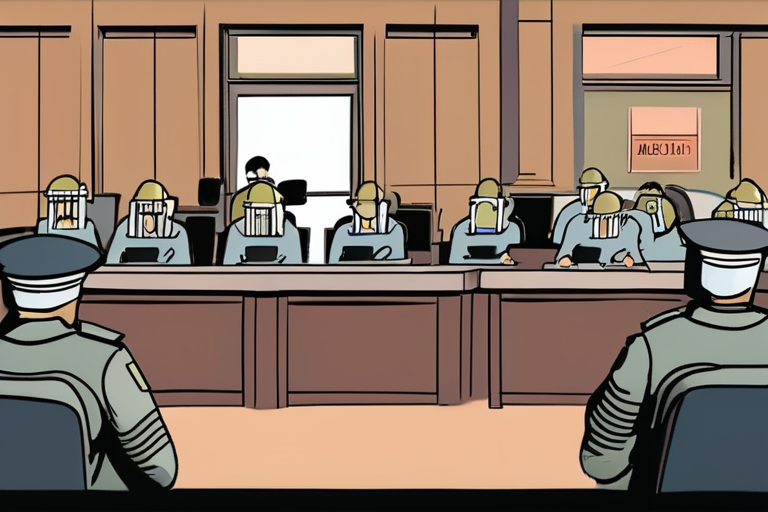
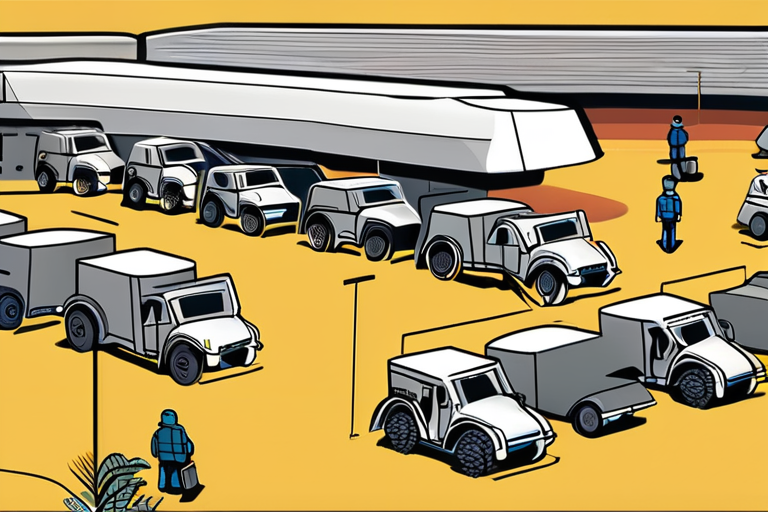
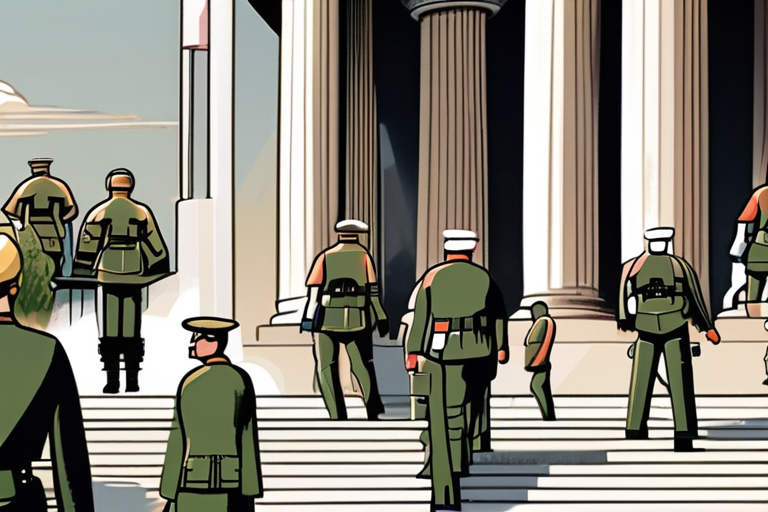
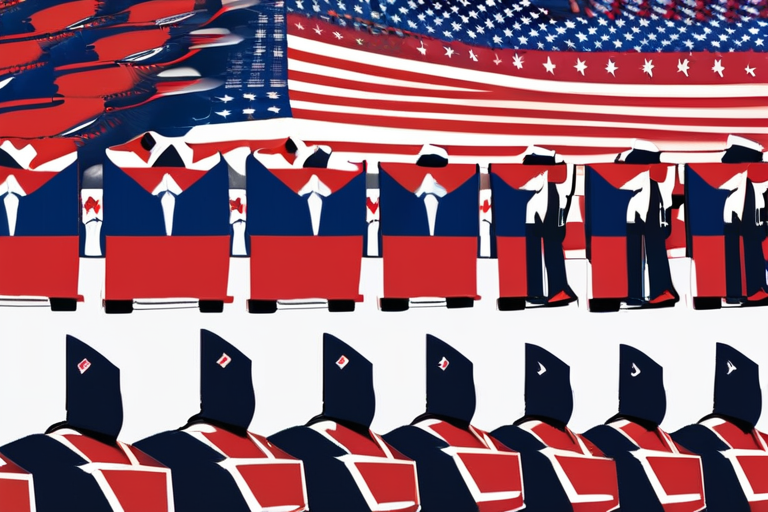

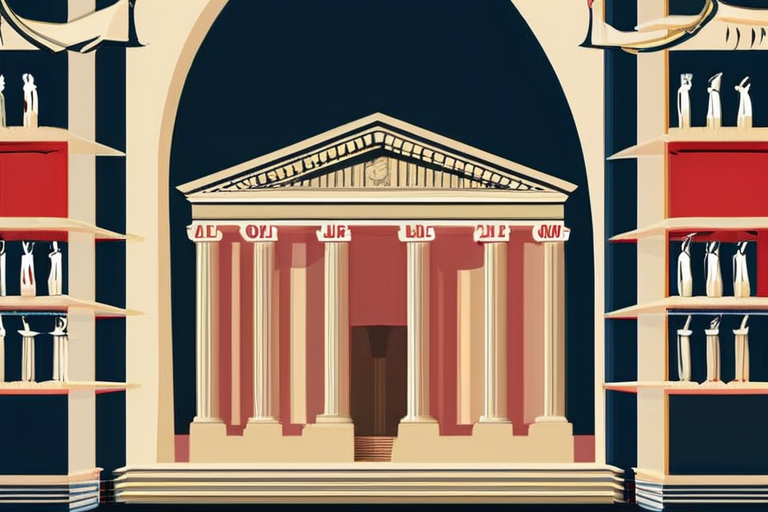
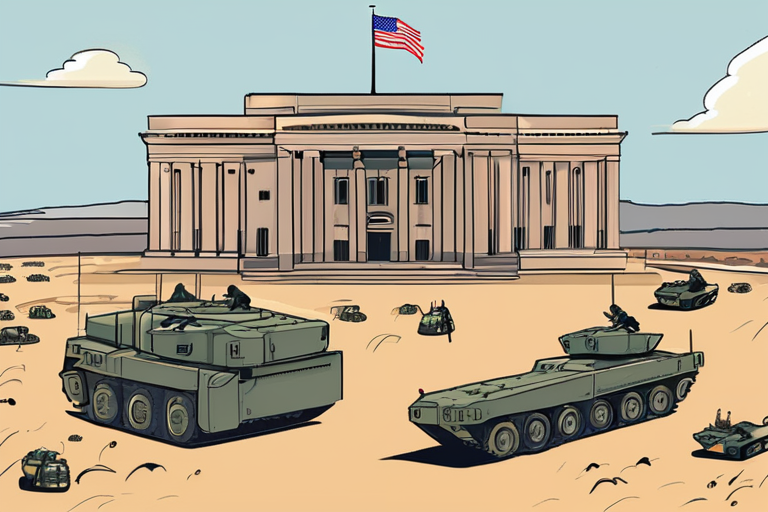
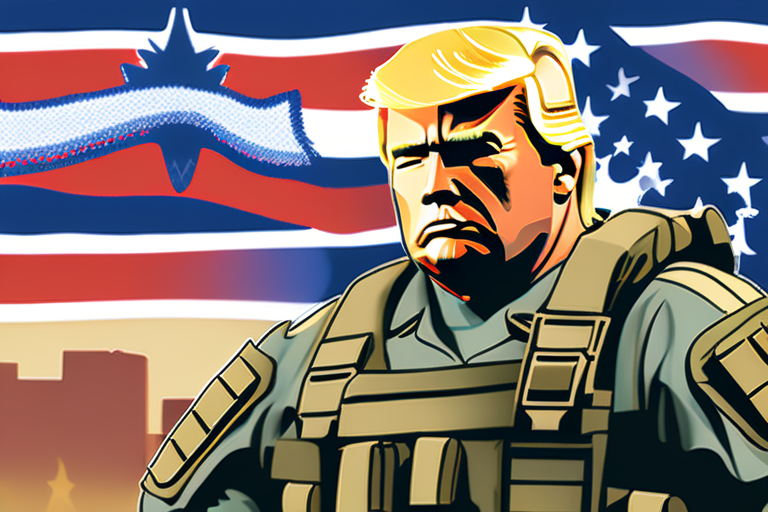
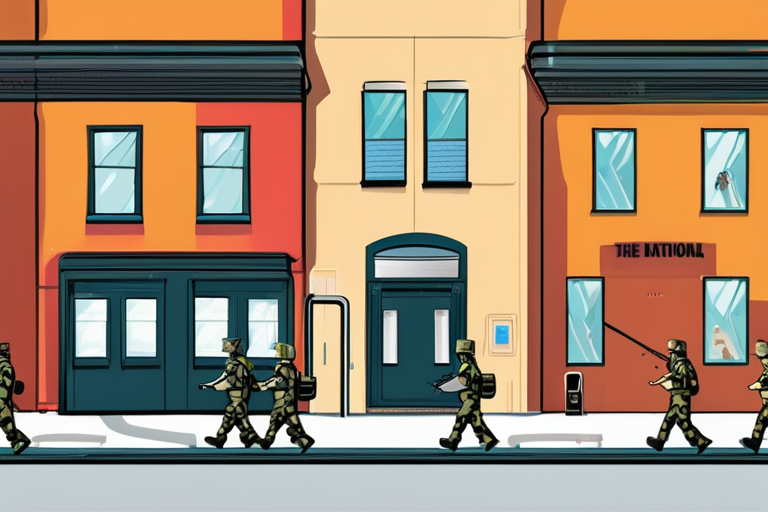

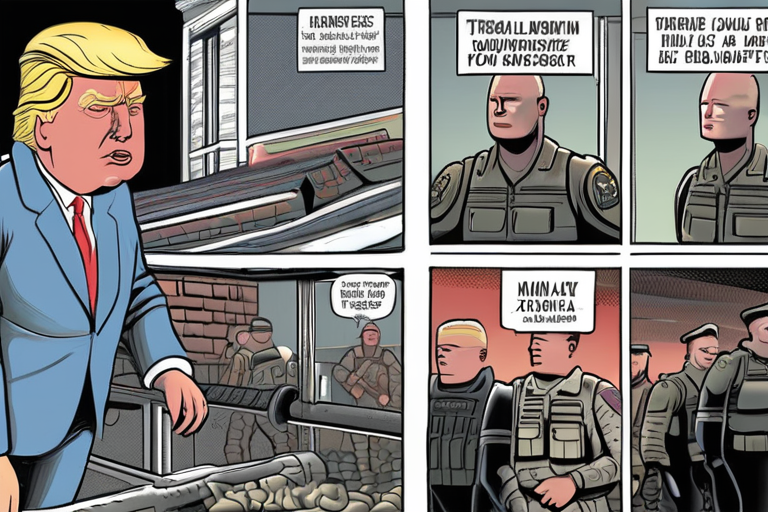
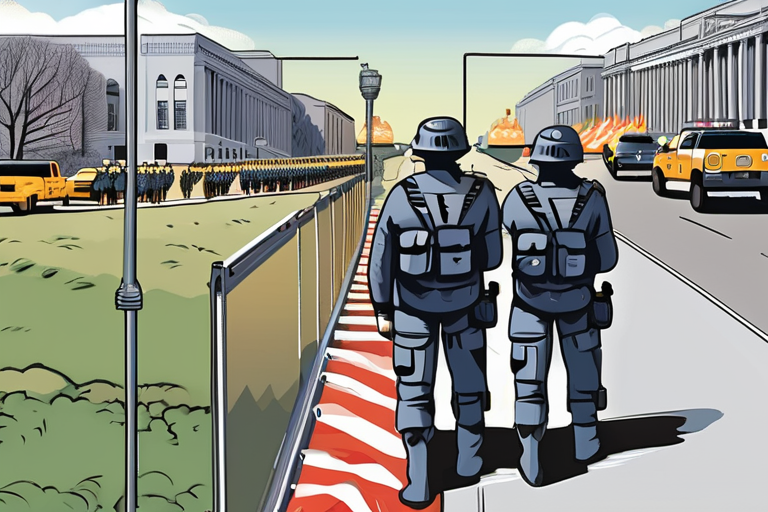

Share & Engage Share
Share this article